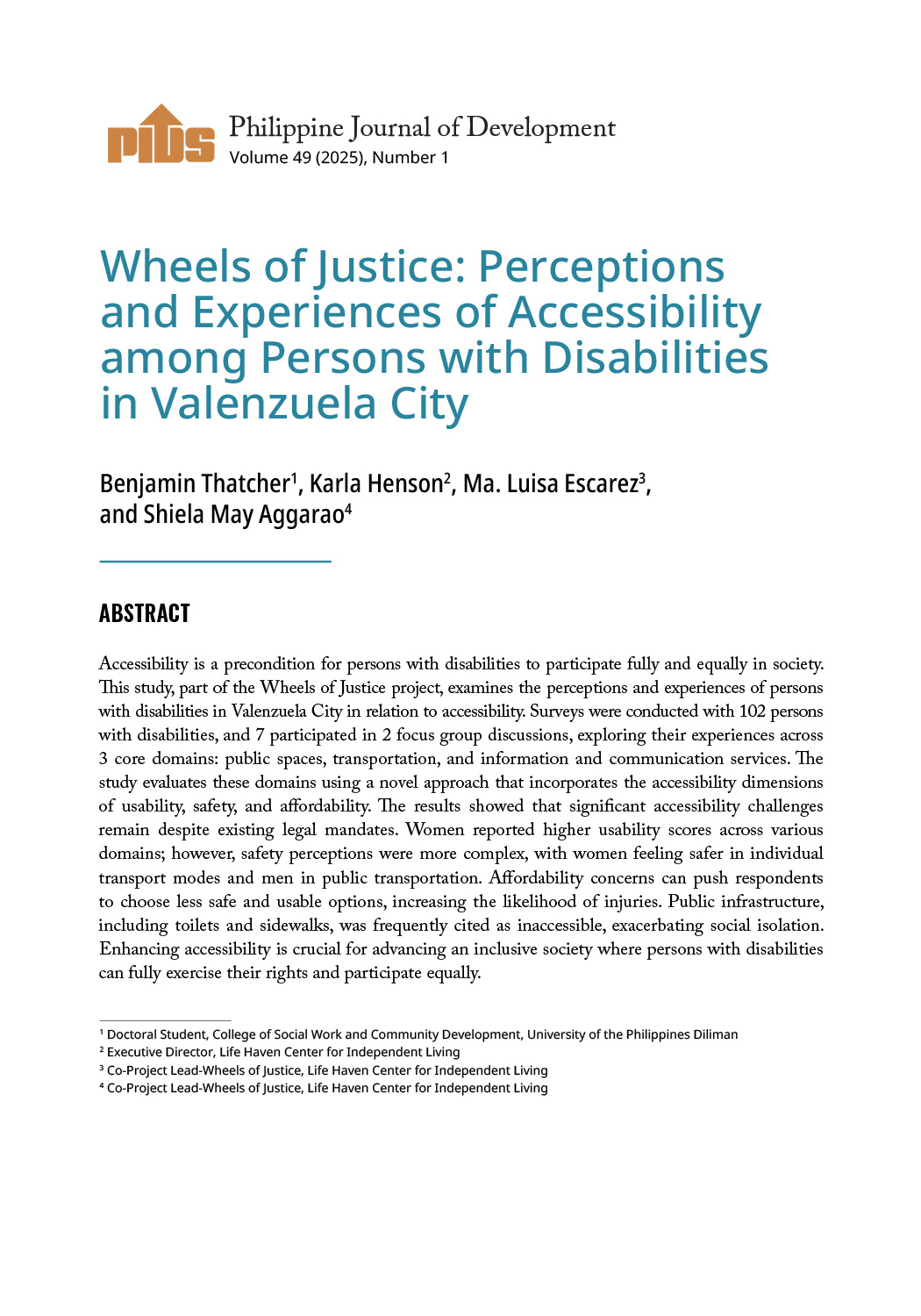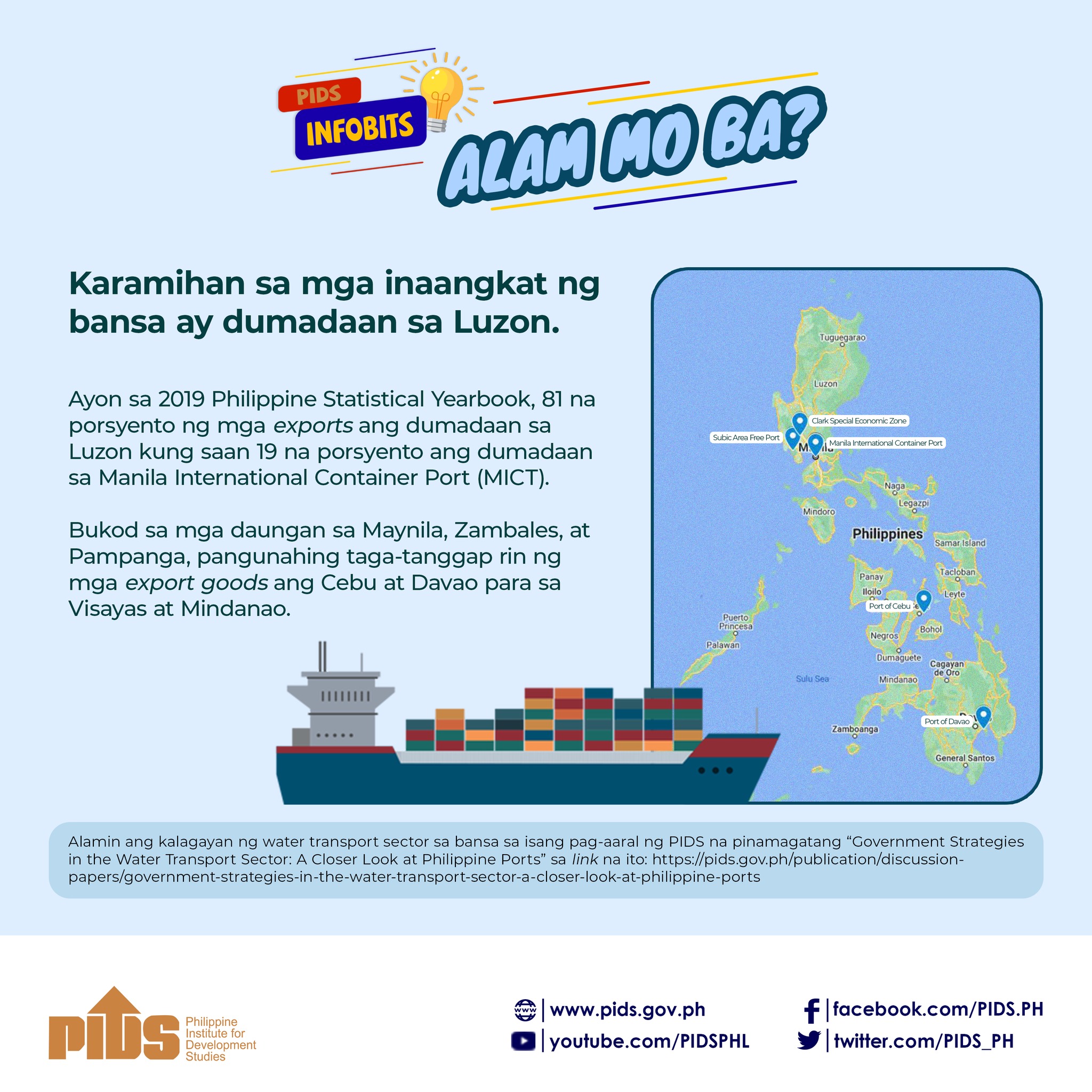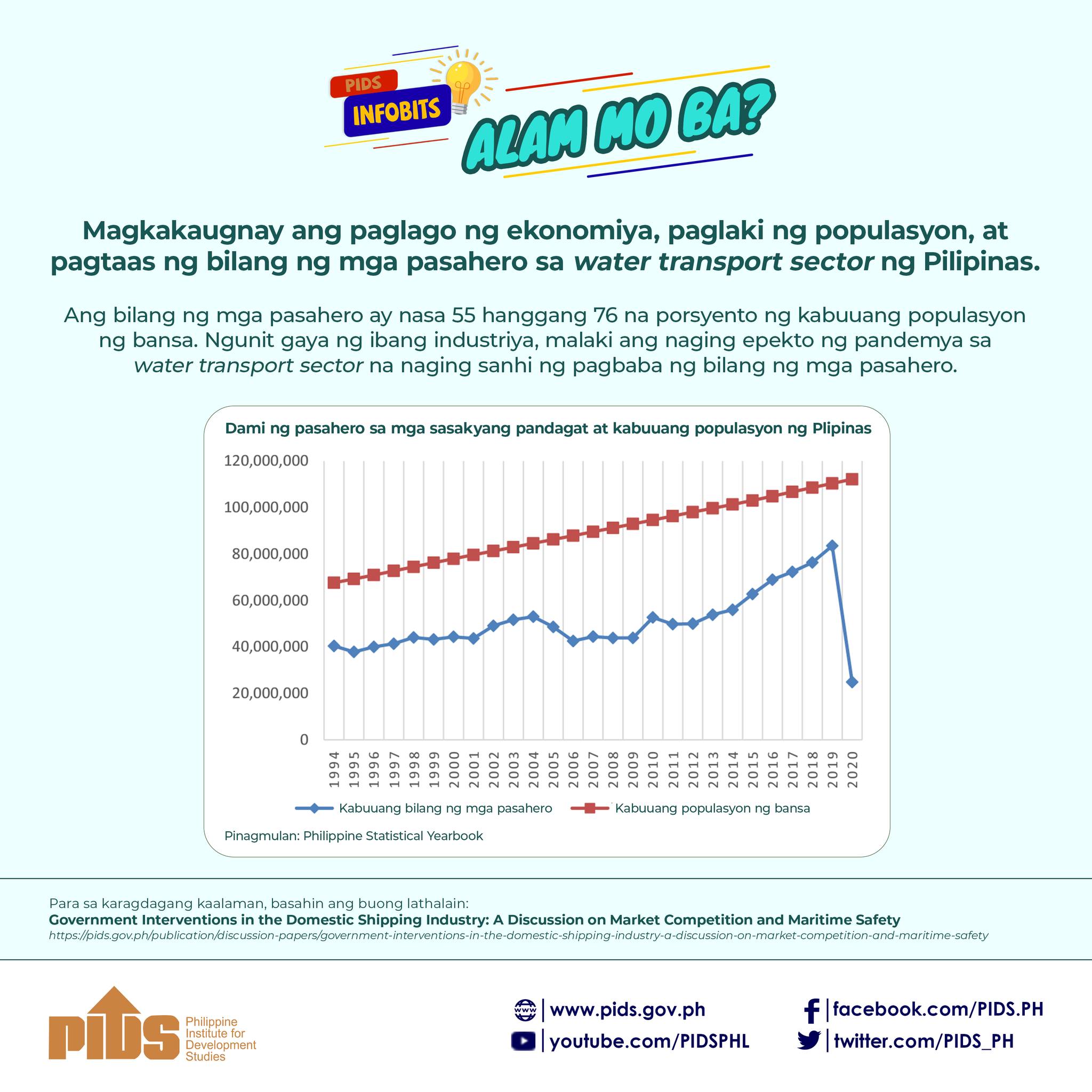THE National Economic and Development Authority (Neda) will include sugar liberalization and the creation of a Department of Water Resources on the list of priority bills for the 18th Congress.
Socioeconomic Planning Secretary Ernesto M. Pernia also told reporters that if the Public Service Act (PSA) does not get approved by the 17th Congress, the administration will pitch it as well to the 18th Congress.
Pernia said the full list of priority bills will be included in the midterm update of the Philippine Development Plan which is already under way. The Neda began the midterm update of the PDP last week.
“We’ll discuss it first in the DBCC [Development Budget Coordination Committee],” Pernia said. “We still don’t have sponsors [for the Department of Water Resources], but I think it’s easy because water is a popular thing.”
However, instead of creating a list of new laws to pass, the government should focus on creating an inventory of laws that are not funded, according to Ateneo Center for Economic Research and Development (Acerd) Director Alvin P. Ang.
Ang said he has been an advocate of the conduct of an inventory even during the administration of President Benigno S. Aquino III. He said this should be done by Congress “motu propio,” but the President could certify this as urgent in order to be done.
In 2016, the Congressional Policy and Budget Research Department (CPBRD) said 62 laws remained partially funded, while 75 laws were not funded at all as of October 2015.
By sector, the CPBRD said it is the economic sector-related laws that had the biggest funding deficiency of P79 billion, representing 33.1 percent of their total funding requirement.
Although General Administration, Public Order and Safety had the lowest funding deficiency (P10.4 billion), it is highly underfunded, percentage-wise, at 89.7 percent, while Social Services and Defense were also short of funding by P15.5 billion (37.2 percent) and P20.3 billion (27 percent), respectively, the think tank added.
“We first need to make an inventory of all existing laws, and update many and find out which are not funded,” Ang said. “There’s no point adding new laws by neglecting the others.”
Bank secrecy
Meanwhile, other economists offered suggestions on what new bills can be pushed for passage under the 18th Congress. Action for Economic Reform (AER) Coordinator Filomeno S. Sta. Ana III told the BusinessMirror the list could include the lifting of the bank secrecy law and fiscal incentive rationalization.
Sta. Ana also supported Pernia in his plan to include sugar liberalization on the list. Private sector economist Calixto V. Chikiamco said the liberalization of the sugar sector will “make [the] agriculture and food industry more competitive.”
‘Bloody undertaking’
However, Pernia recognizes that the economic team is facing an uphill battle with regard to the liberalization of the sugar sector, which aims to remove the licensing powers of the Sugar Regulatory Administration (SRA) and the cost involved in sugar importation.
Pernia said the liberalization of the sugar industry will help bring down the cost of sugar in the country, similar to what the administration is doing with rice through tariffication.
The SRA was created through Executive Order (EO) 18 of former President Corazon Aquino. It is tasked to issue permits and licenses, as well as collect fees and levies on the processing and manufacture of sugar and its by-products.
EO 18 was strengthened by Republic Act 10659 or the Sugarcane Industry Development Act (Sida) of 2015. Under Section 9, the SRA is tasked to classify imported sugar to meet domestic sugar requirements.
Under the Sida, the Bureau of Customs (BOC) will also require importers or consignees to secure from the SRA the classification of the imported sugar prior to its release.
“That [liberalization of the sugar sector] will be a bloody [undertaking],” Pernia commented.
Other bills
Apart from these, Chikiamco said it would also be noteworthy to include the Farmland as Collateral bill, TRAIN 3, Apprenticeship bill, and, if it is not passed by the 17th Congress, the Open Access in Data Transmission Bill.
Chikiamco said the 18th Congress should also consider Charter change to remove foreign ownership restrictions in the Constitution. This, he said, will help diversify the investments that are coming into the country.
Despite the recent rapid increase in Chinese investments, removing foreign restrictions will help open the Philippine market to other investments that may bring better jobs and economic opportunities.
“We should diversify foreign investments. Non-Chinese investors don’t want to skirt the law. Chinese investors may be more willing to use dummies. In any case, we should welcome increased investments even from Chinese so long as they comply with the law. Foreign ownership liberalization will increase non-Chinese investments and allow us to diversify,” Chikiamco told the BusinessMirror.
The 1987 Constitution limits foreign ownership of local firms to only 40 percent. It is often cited as one of the major reasons for the country’s low level of FDI.
A study released by state-owned think tank Philippine Institute for Development Studies (Pids) in 2014 showed the Philippines’s FDI increased to only $2.8 billion in 2012 while other Asean five countries were significantly higher.
The Philippines’s highest FDI level was recorded in 2006 when FDI reached $2.921 billion; and in 2007, at $2.916 billion. The lowest FDI level was recorded in 2001 at $195 million and in 2003, $491 million.












